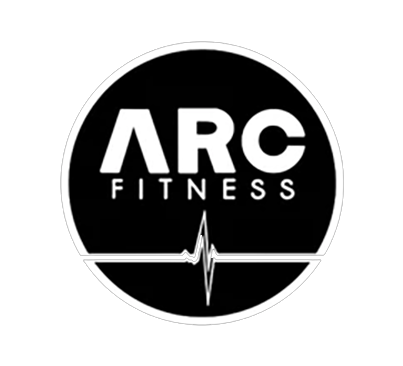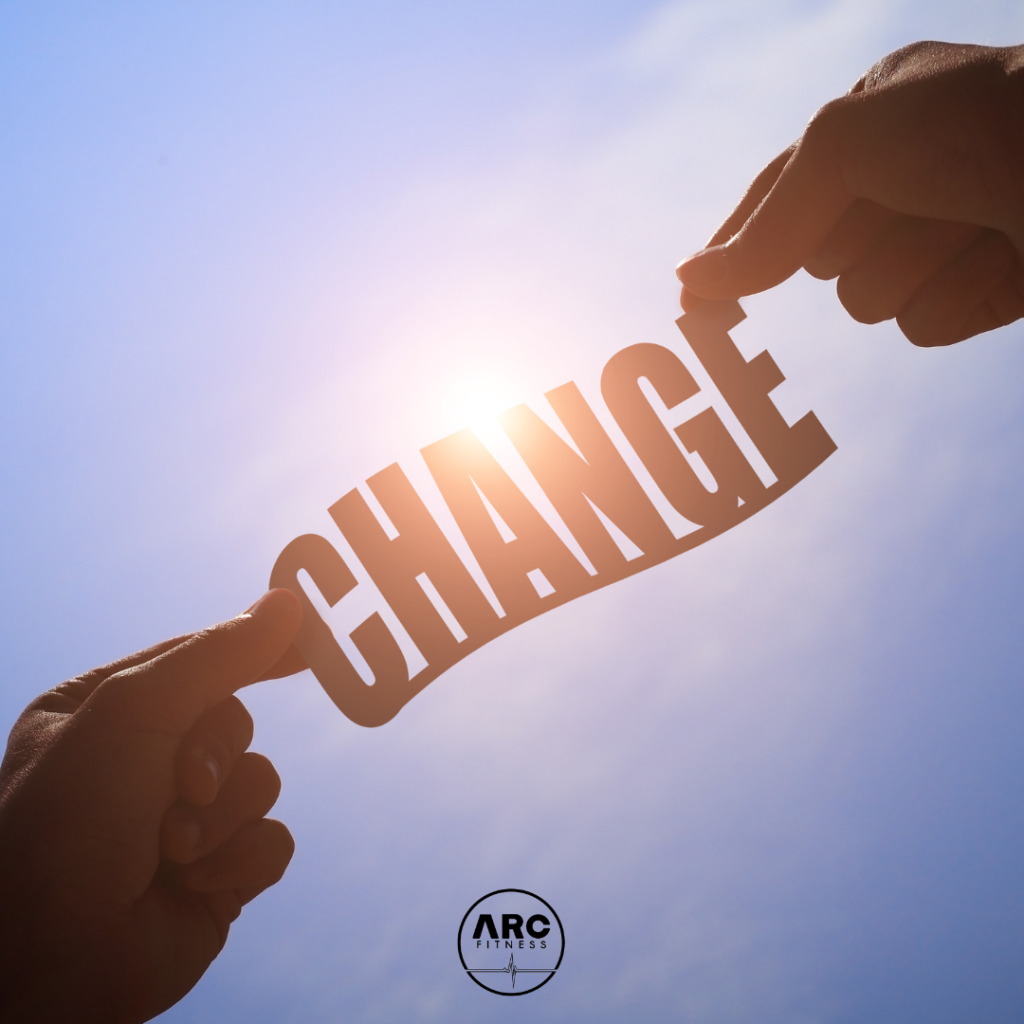No products in the basket.
Arc Fitness
The Stages of Change – Addiction Treatment
Addiction Treatment
A number of people succeed in reaching recovery without treatment, but the extent of this success remains unknown.
However, it’s essential to acknowledge that determining whether someone is genuinely addicted is not always straightforward. Addiction isn’t solely defined by the quantity or frequency of substance use; it involves specific brain processes. It’s possible for someone to be a heavy drinker or drug user without being addicted. Overcoming a genuine addiction through sheer willpower is an exceptionally challenging task.
Willpower refers to the prefrontal cortex’s ability to resist impulses and make reasoned decisions. Addiction, however, targets and dismantles this very capacity in the brain. While it’s not impossible to overcome addiction without treatment, it is an extraordinarily difficult feat.
This module aims to describe what addiction treatment is and what it entails.
In addition to providing information about treatment, we will explore various pathways to recovery available to individuals following treatment.
Introduction to Addiction Treatment
What Is Addiction Treatment?
For many individuals, the first step toward recovery is acknowledging their struggle with substance use. After recognizing the need for help, the next crucial step is finding a suitable treatment program to restore their overall health, well-being, and happiness.
Numerous treatment options are available, ranging from inpatient residential programs to outpatient interventions. Understanding the level of care required is essential.
Addiction treatment can be defined as:
A medical and clinical intervention, designed by the clinicians of addiction and treatment programs, complete with goals and objectives focused on the individual achieving and maintaining long-term abstinence.”*
The overall objectives of treatment encompass:
– Slowing down the roller coaster of addiction, making it easier to regain control.
– Helping individuals understand the root causes of their situation.
– Teaching effective coping mechanisms to avoid relapse.
– Easing withdrawal symptoms and reducing cravings.
– Including support groups that offer a platform for individuals to discuss their challenges.
Treatment Options: Detoxification
The primary goal of detoxification (detox) is to safely wean individuals off the substances they are using. Detox serves as the initial step, allowing people to become clean and sober so they can proceed to long-term treatment.
Detox programs can operate on an inpatient or outpatient basis, with the duration varying based on factors such as the substances used, the severity of addiction, and the individual’s physical health. Detox typically lasts from a few days to several weeks, with some cases necessitating medication-assisted therapy (MAT) to manage withdrawal symptoms and prevent severe medical complications.
It’s important to note that sudden withdrawal from substances like alcohol or benzodiazepines can be life-threatening, leading to seizures or overdose risks.
Treatment Options: Rehabilitation (Rehab)
Rehabilitation, commonly known as ‘rehab,’ provides individuals with a structured environment for intensive treatment. It serves as a safe space to initiate the healing process, away from the triggers of substance use. Rehab programs vary in duration, spanning from a week to several months, and employ diverse treatment approaches.
Inpatient Rehabilitation:
Inpatient treatment, also called residential treatment, offers comprehensive programs addressing all aspects of addiction. Individuals reside in a substance-free facility and receive around-the-clock medical care and support. This option suits those dealing with long-term substance use disorders or co-occurring mental health issues.
Outpatient Rehabilitation:
Outpatient programs provide many of the same treatments as inpatient programs but allow individuals to live at home while attending scheduled treatment sessions. This approach is ideal for those with mild substance use disorders and a disciplined commitment to recovery, often serving as a “step-down” after inpatient treatment and may involve sober living homes.
Treatment Options: Psychotherapy
Various forms of evidence-based therapies are available for substance use disorder and addiction treatment, tailored to individuals’ specific health and emotional needs. These therapies are typically administered by licensed behavioural health professionals or addiction counsellors.
Cognitive Behavioral Therapy (CBT): CBT helps individuals identify problematic thoughts and emotions that influence unhealthy behaviours, which can compromise sobriety or contribute to relapse.
Dialectical Behavior Therapy (DBT): DBT focuses on managing intense emotions safely, enhancing self-esteem, stress management, and the removal of triggers through skill-building.
Motivational Enhancement Therapy: This therapy helps individuals understand the motivations behind their behaviours, guiding them through the change process systematically, which is especially beneficial for substance use disorders.
Dynamic Running Therapy (DRT): DRT combines movement (walking/running) with traditional talk therapy, providing a more dynamic and engaging therapeutic experience.
Treatment Options: Medication-assisted treatment (MAT)
Medication-assisted treatment combines psychotherapeutic behavioural therapies, such as Cognitive Behavioral Therapy (CBT), with specific medications. Its primary purpose is to provide individuals struggling with recovery as many tools as possible to achieve lasting abstinence.
MAT for Alcohol Use Disorder (AUD):
– Acamprosate (Campral): Reduces alcohol cravings after detox.
– Disulfiram (Antabuse):*Deters relapse by causing unpleasant effects upon alcohol consumption.
– Naltrexone: Blocks alcohol’s euphoric effects, reducing motivation for use.
MAT for Opiate Use Disorder (OUD):
– Buprenorphine (Suboxone/Subutex): Reduces physical dependency on opioids and minimizes withdrawal symptoms and cravings.
– Naloxone: Reverses opioid overdoses.
– Methadone: Reduces cravings and blocks the effects of other opioids.
– Naltrexone: Blocks the euphoric and sedative effects of opioids.
Treatment Options: Support Groups
Support groups play a crucial role in maintaining long-term recovery and offering continued care after formal treatment. These groups are facilitated by individuals in recovery rather than doctors or treatment facilities.
12-Step Programs: Following the 12-step model of recovery and traditions, these programs offer adaptability and have been beneficial to many on their recovery journey.
SMART Recovery: SMART focuses on addressing underlying thoughts and feelings associated with substance use to promote healthier behaviours.
Sober Communities/Recovery Coaches: Recovery coaches support positive changes, helping individuals avoid relapse and work on life goals beyond addiction.
Addiction treatment is designed to help individuals break free from compulsive drug-seeking and use behaviours. It encompasses a wide range of approaches and interventions due to the chronic nature of addiction and the likelihood of relapse. Recovery is a long-term process, often requiring multiple interventions and ongoing monitoring.

